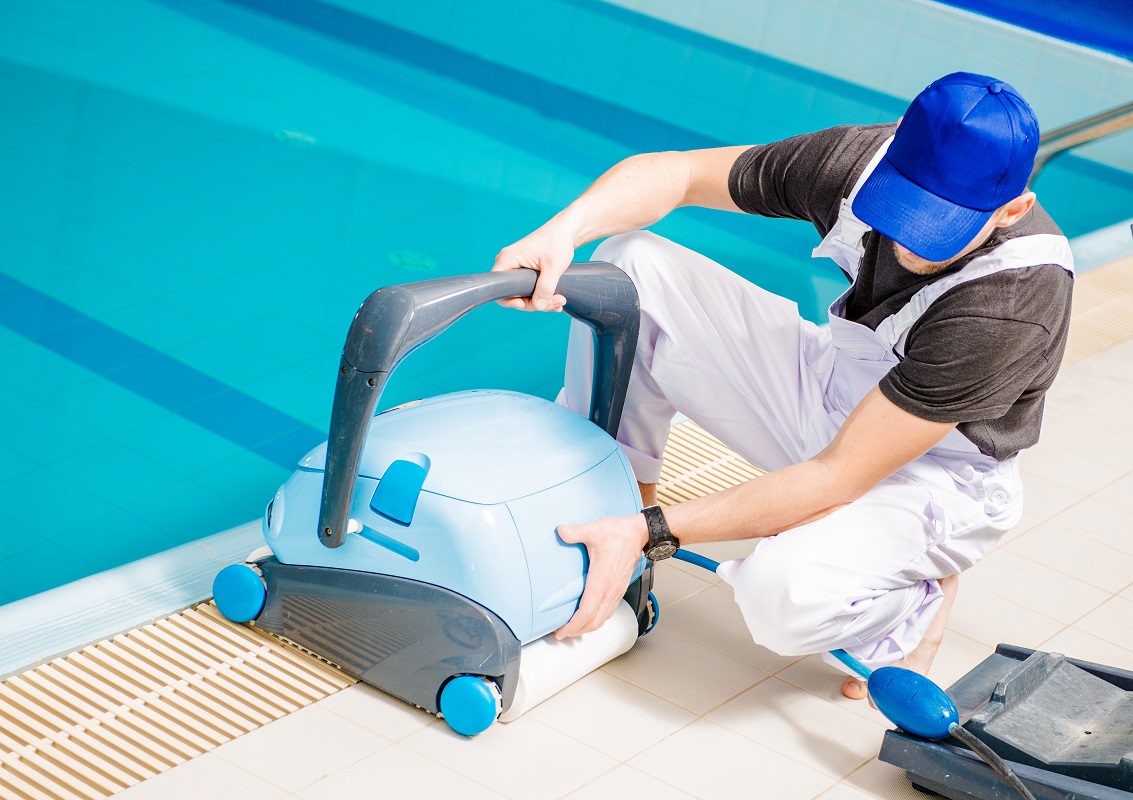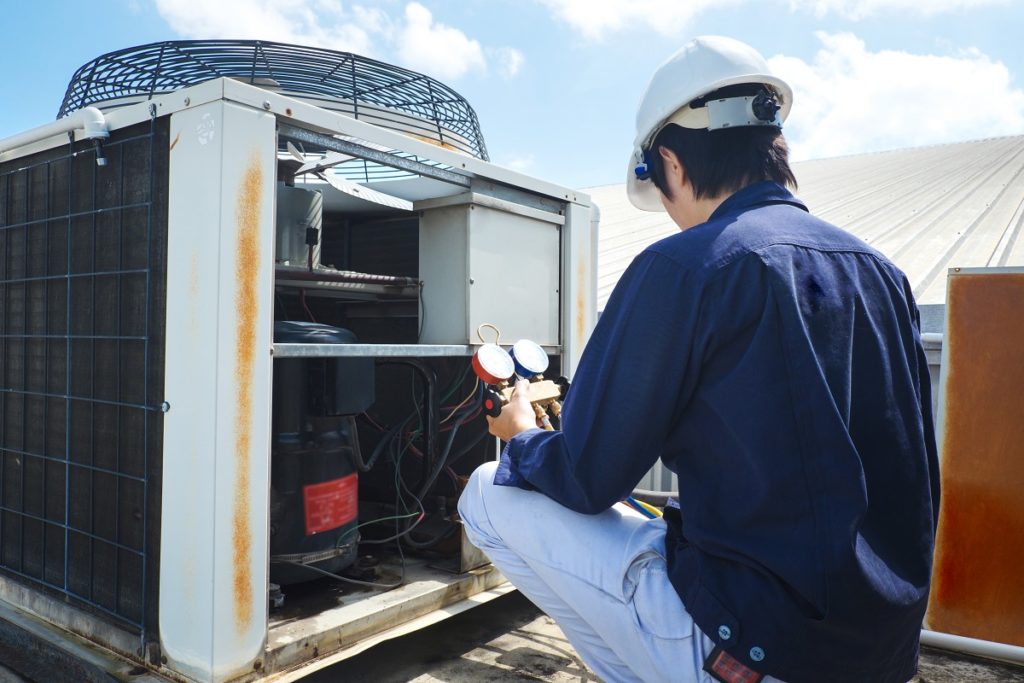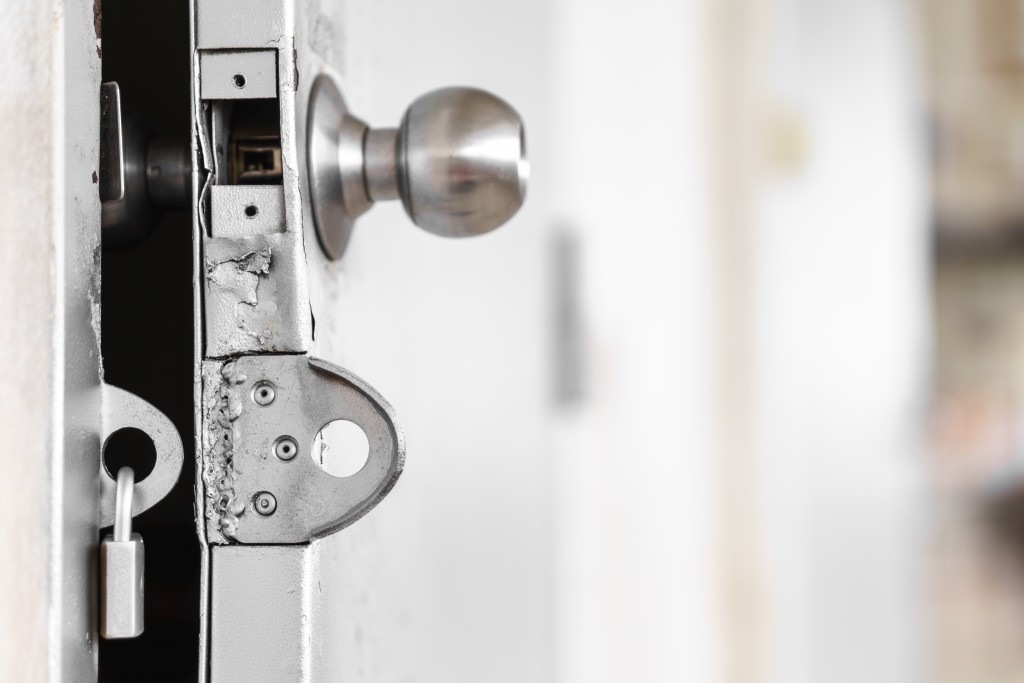- Regular maintenance is crucial for the pool’s cleanliness, safety, and overall working condition.
- Checking the pool’s structural integrity helps prevent accidents and costly damages.
- Securing your pool against elemental factors prolongs its lifespan and maintains its functionality.
- Professional pool services can spot underlying issues and maintain the perfect water chemistry.
Owning a home pool offers many benefits, from health to social and economic aspects. Health-wise, swimming is a low-impact exercise that can improve cardiovascular fitness, flexibility, and overall well-being. According to the Centers for Disease Control and Prevention (CDC), just 2.5 hours of swimming per week can significantly reduce the risk of chronic illnesses. On a social level, a pool can serve as a fantastic gathering spot for friends and family, enhancing your home’s appeal and providing endless entertainment. Economically, although the initial installation cost can be high, a pool can increase your property’s value by up to 7%, as reported by HouseLogic, making it a worthwhile investment for homeowners.
However, the pool will require proper maintenance to keep it clean, safe, and in good working condition. Here are some essential steps to care for your home’s pool.
Ensure Clean Water Chemistry

Maintaining clean water in your pool is paramount for several reasons. Clean water prevents the growth of algae and bacteria, which can cause various health issues, including skin and eye infections. Additionally, clean water enhances your pool’s aesthetic appeal and extends your pool equipment’s lifespan.
Monitoring the pH Balance
The first step in maintaining clean pool water is regularly testing and adjusting the pH balance. The pH level, which measures how acidic or basic the water is, should ideally be between 7.2 and 7.6. You can use a pool testing kit to measure the pH level. If the level is not within the ideal range, you can add pool chemicals like sodium bicarbonate or muriatic acid to correct it.
Regular Skimming and Vacuuming
Debris, such as leaves, dirt, and insects, can quickly accumulate in your pool and dirty the water. Skimming your pool’s surface daily can help remove these floating contaminants. Additionally, vacuuming your pool weekly can help clean the pool floor and walls, removing debris the skimmer misses.
Checking Chlorine Levels
Chlorine is a crucial sanitizing agent for your pool, effectively killing harmful bacteria and algae. The recommended chlorine level is 1-3 parts per million (ppm). You can use pool testing kits to measure the chlorine levels and add more if necessary.
Maintenance Services
Even with regular upkeep, it’s essential to use professional pH balance pool maintenance services periodically. These experts can provide comprehensive cleaning, detect any underlying issues, and offer solutions for maintaining the perfect pH balance in your pool.
Checking Pool’s Structural Integrity

Ensuring the structural integrity of your pool is just as important as maintaining its water chemistry. A structurally safe pool protects against potential accidents, ensures longevity, and adds to your property value by preventing costly damages. Regularly inspect your pool for any signs of wear and tear that could compromise its structure.
Inspecting the Pool’s Shell
The pool’s shell or liner is subjected to constant water pressure, changing weather conditions, and chemical exposure. Over time, these factors can lead to cracking, blistering, or peeling. These signs show that the pool shell needs immediate attention to prevent leakages.
Checking Pool Equipment
Regularly inspect all pool equipment, including the pump, heater, and filtration system. These components are essential for maintaining a clean and healthy pool. Look for signs of rust, leaks, or unusual noises, which may indicate that an element is not working as it should.
Surveying the Pool Deck
Often exposed to harsh weather conditions, the pool deck should be checked for cracks, uneven surfaces, or loose materials. These issues not only affect the aesthetic appeal of the pool area but can also be safety hazards, leading to potential injuries.
Remember, if you notice any of these flaws, it is advisable to seek professional help immediately. They can accurately assess the issue and perform the necessary repairs or replacements, ensuring your pool remains a safe and enjoyable home feature.
Securing Elemental Protection
Securing your pool against the elements is crucial to prolonging its lifespan and maintaining its functionality. Weather conditions like intense sunlight, rain, wind, and freezing temperatures can significantly impact your pool’s water chemistry and structural integrity.
Covering the Pool
Using a pool cover is an effective way to shield your pool from the elements. A cover can protect the pool from debris blown in by the wind, prevent water loss due to evaporation, and limit exposure to harsh UV rays that can degrade the pool’s chemical balance. During winter, a pool cover can also protect the pool against freezing temperatures that may cause damage.
Balancing Water Chemistry After Rain
Rainwater can alter your pool’s chemistry by diluting the chemicals, leading to a lower pH and alkalinity level and promoting algae growth. After heavy rain, testing your pool water and adjusting the chemicals as needed is essential.
Winterizing the Pool
In regions experiencing harsh winters, it’s critical to winterize the pool. This process involves adjusting water chemistry, lowering the water level to prevent freezing damage, and draining the pool equipment. An air pillow under the winter cover can help prevent the ice from expanding and cracking the pool walls.
Final Thoughts
A home pool is a valuable asset that requires proper care and maintenance to keep it in excellent condition. Regularly checking the water chemistry and structural integrity and providing elemental protection will ensure your pool remains safe, clean, and enjoyable for years. Remember to seek professional help to address any underlying issues before they worsen and affect your pool’s functionality.




